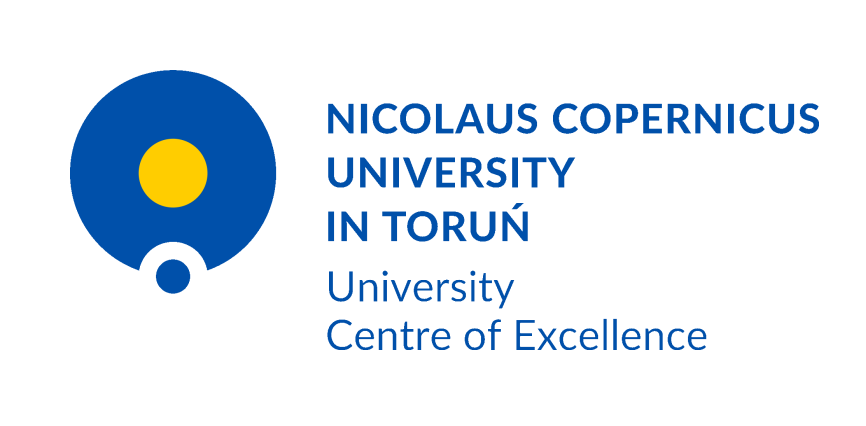
The winners of the eighth edition of the SONATINA competition have been announced. Thanks to NCN funding, 35 young female and male scientists from Poland and abroad will begin implementing their research projects.
Grants with a total value of more than PLN 31.3 million will be used for both research and employment in Polish units and internships abroad.
Among the winners is Dr. Bilel Mehnen Assistant Professor at the Department of Quantum Mechanics, Institute of Physics, Nicolaus Copernicus University in Torun with funding amounting to 739086 PLN for the project "Dynamics and spectroscopy of small and medium astrophysical particles."
Grants with a total value of more than 31.3 million PLN will be allocated both for conducting research and employment in Polish units and foreign internships. Among the winners is Dr. Bilel Mehnen assistant professor at the Department of Quantum Mechanics of the Institute of Physics, Nicolaus Copernicus University in Torun with funding amounting to 739086 PLN for the project "Dynamics and spectroscopy of small and medium astrophysical molecules."
We have met the winners of the eighth edition of the SONATINA competition. 35 young scientists from Poland and abroad, thanks to funding from NCN, will begin implementation of their research projects. Grants with a total value of more than 31.3 million PLN will be used both to conduct research and employment in Polish units and internships abroad.
Among the winners is Dr. Bilel Mehnen assistant professor at the Department of Quantum Mechanics of the Institute of Physics, Nicolaus Copernicus University in Torun with the funding amount of 739086 PLN for the project Dynamics and spectroscopy of small and medium-sized astrophysical particles.
A few words about the project itself from the author, below:
"My project focuses on studying the spectroscopy and dynamics of complex organic molecules that play a significant role in the interstellar medium (ISM). My goal is to facilitate the detection of these molecules by calculating and analyzing their complex spin-vibrational spectra, taking into account the complex couplings between electron and nuclear motions. In addition, I will study the collision dynamics of these molecules with helium and hydrogen to determine their collision velocities, which are key to understanding the physical and chemical conditions of the ISM. This research can offer insights into the origin of life by showing how these organic molecules form and interact in space. I will be collaborating with Prof. Piotr Zuchowski from our Department and with David Lauvergnat from UPSaclay in France."


 ul. Grudziądzka 5, 87-100 Toruń
ul. Grudziądzka 5, 87-100 Toruń